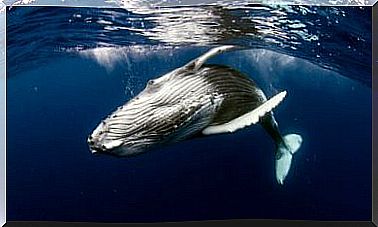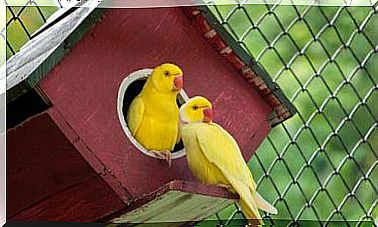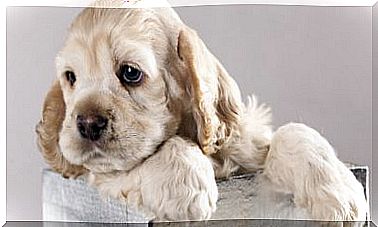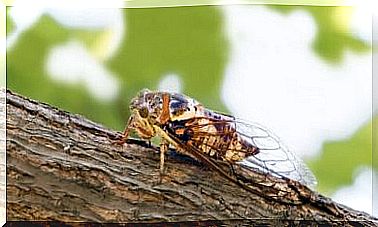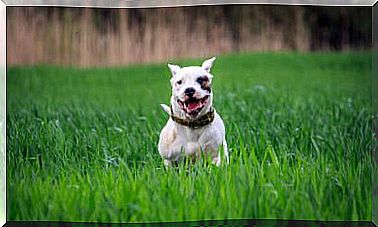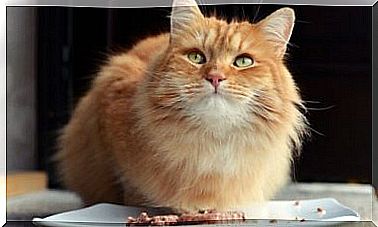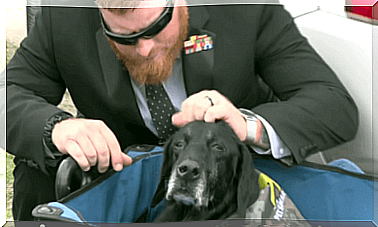What Should I Do If The Cat Does Not Eat?
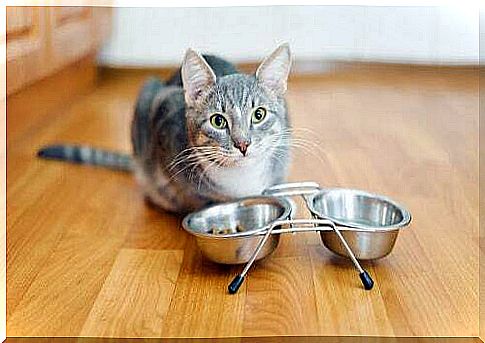
In cases where you have noticed that your cat has lost its appetite, we are sure that you have wondered: “ What should I do if the cat does not eat? “In reality, this change in his behavior requires special attention from the owner, as it can be a symptom of some pathologies.
Keep in mind that there are other possible causes of loss of appetite in cats as well. So let’s try to understand what needs to be done if the cat does not eat.
The cat does not eat: possible causes
Loss of appetite and weight in cats is a common symptom of many diseases. Therefore, when your cat refuses to eat or has suddenly lost weight, it will be essential to take him to the vet immediately.
1. When food is not to your liking
Cats are selective and routine animals, especially in relation to their diet and habits. Therefore, you will need to be careful in choosing the right foods for them, especially if you want to make changes to their diet.
The feeding of a feline must satisfy its nutritional needs, based on its age, its size and the specific needs of its organism. Changing a cat’s food should always be a slow and gradual process.
If you change your cat’s food abruptly, she is very likely to reject the new food. This can also cause some digestive disorders such as diarrhea, vomiting, or gas buildup in the gastrointestinal tract.
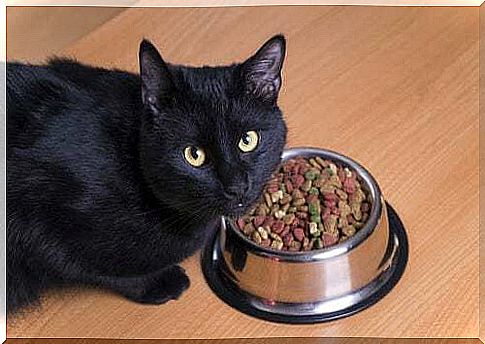
On the other hand, if you want to have a cat with a less selective palate, you will have to get him used to trying new flavors, textures and aromas from an early age. During their first six months of life, puppies have a more flexible character and shape the criteria and preferences of their palate.
If you introduce him to a variety of aromas, flavors and textures during this phase, you will reduce the chances of turning him into a whimsical cat from a food point of view. But if you always offer him the same food, you will probably have problems when you decide to change his diet in adulthood.
2. The heat
On hot summer days, your cat will most likely not have that much appetite and will eat less. In addition to the feeling of “heaviness” generated by high temperatures, the increase in hours of light will also affect his appetite.
In winter, on the other hand, the days are shorter and there is less light and therefore the animals increase their food consumption. Their brains are thought to associate the decrease in light availability with the arrival of winter and the resulting shortage of food.
Conversely, when hours of sunshine abound and food is plentiful, the metabolism returns to a more balanced pace. Your pet’s appetite is reduced and his demeanor is calmer as well. Therefore, it is only natural for your cat to eat less as summer approaches.
3. The location of the kennel and litter box
When setting up your cat’s bed, you need to pay particular attention to the location of their food areas, hygiene and physiological needs. If the cat’s bowl is near the litter box or does not have regular hygiene habits, the cat may refuse to eat.
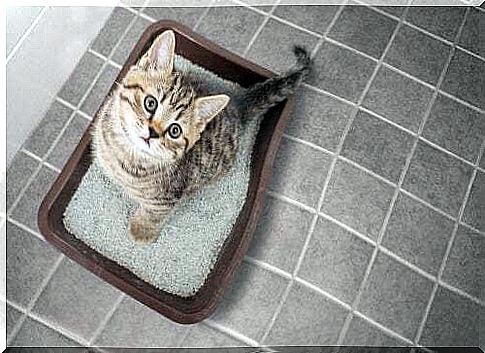
4. The cat does not eat due to intestinal boluses
As you know, cats are very clean animals that usually spend hours and hours on the toilet. We also know that during their hygiene, felines are used to ingesting dead hair, which passes into the digestive tract and can settle in the intestine.
In nature, felines are able to naturally eliminate hairballs to avoid digestive disorders. However, domestic cats will need our help to get rid of ingested hair. Here’s what to do if the cat doesn’t eat.
If your cat is unable to defecate hairballs, excessive accumulation of hairballs in the digestive system can lead to constipation, loss of appetite, nausea, weakness, apathy, etc.
Other causes of loss of appetite in cats
In addition to the causes mentioned above, loss of appetite in cats can also be due to intoxication or depression caused by stress and anxiety.
As you have seen, there are many possible explanations for why a cat does not eat and it can be difficult to identify the exact cause. Therefore, if you want to know what to do if your cat loses appetite, it is best to consult your vet.
